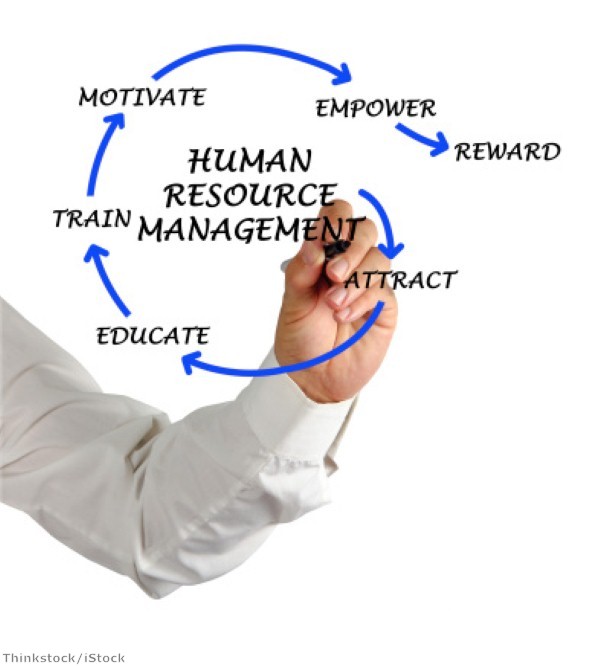Managers need to improve their communication with staff in order to avoid an employee drain, a leading psychometrics expert has said.
According to some predictions, the economic recovery will lead to more people looking to move companies to secure better salaries and working conditions, HR Magazine reports.
Some 47 per cent of employees in the construction and engineering sectors say they want to move in 2014.
In addition, research for HR consulting firm Towers Watson recently revealed a connection between economic recovery and talented employees leaving for better opportunities.
Martin Reed, Chief Executive Officer and chairman of psychometric people management tool provider Thomas International, said the onus is upon managers to take employee engagement seriously.
"Managers are often weak when it comes to engaging with their staff; they tend to get distracted by other things," he said.
"Both employees and managers are reluctant to have difficult conversations about issues in the workplace. Frequent and effective one-to-ones, as well as frank and open conversations about problems in the workplace are crucial."
Recently, Personnel Today said managers need to have the right kind of conversations with employees in order to boost engagement.
Several studies have found employee engagement can have a significant impact on absenteeism and staff retention.
Five conversations were recommended to promote engagement, based upon establishing a trusting relationship, agreeing mutual expectations, using the art of appreciative enquiry, challenging unhelpful behaviour and building for the future.
It said HR managers have a vital role in helping such conversations take place by establishing an "engagement strategy".
Mr Reed said retention could be a particularly pressing problem for young managers who lack the experience to deal with challenges arising from staff looking for new prospects.
He added that organisations will be faced with the added challenge of managing work pressures during the recovery. Employees will have frequently been required to perform additional duties during the recession and managers will need to ensure their staff feel valued for the job they are currently doing.

